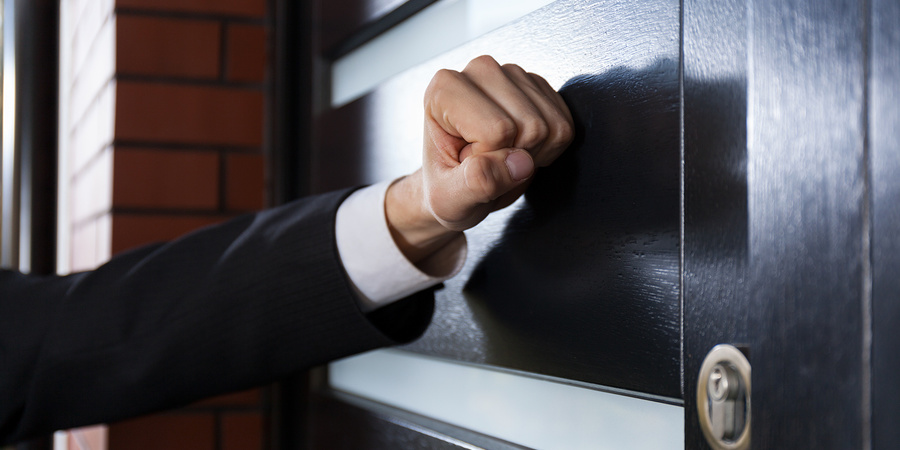With coronavirus pushing many of us further into debt, the fear of the bailiffs knocking is becoming very real. Here’s what we need to know…
Coronavirus: Bailiffs haven’t been allowed to come to our home since lockdown (26 March 2020). In England and Wales they can now start again (from 23 August 2020).
Bailiffs usually have 12 months to collect a debt. This starts from the date they send us their first letter – which is called a ‘notice of enforcement’. They might have longer to collect the debt if coronavirus stopped them from visiting.
Bailiffs should send us a letter before they visit, to check if we are more vulnerable because of coronavirus. They should also follow government guidance on social distancing.
We are vulnerable if:
- we are disabled or seriously ill
- have mental health problems
- have children or are pregnant
- are under 18 or over 65
- don’t speak or read English well
- are in a stressful situation like recent bereavement or unemployment
We need to let the bailiffs know if we are vulnerable (the best way is to phone them). They should treat us with greater care and give us more time to respond to demands.
If you are worried about a visit from the bailiffs, contact StepChange for free on 0800 138 1111 or Citizens Advice.
The Quids in! guide to dealing with bailiffs
Before letting a bailiff into your home, ask them for:
- Proof of their identity, eg a badge, ID card or enforcement agent certificate (Anyone who claims to be a bailiff and isn’t one, is committing fraud. If they say they are a ‘debt collector’, ask them to leave)
- Which company they’re from
- A telephone number
- A breakdown of the amount owed – you can challenge this if you don’t agree
OPTION 1: DON’T LET THEM IN
You don’t have to open your door to a bailiff or let them in. You can speak to them through your letterbox or an upstairs window. Bailiffs can’t enter your home:
- Aggressively, e.g. push past you
- If only children under 16 or vulnerable people (e.g. disabled) are present
- Between 9pm and 6am
- Through anything except the door
Bailiffs are allowed to force their way into your home to collect unpaid criminal fines, Income Tax or Stamp Duty, but only as a last resort.
If you don’t let a bailiff in or agree to pay them:
- They could take things from outside your home, e.g. your car
- You could end up owing even more money
If you do let a bailiff in but don’t pay them, they may take some of your belongings to sell.
OPTION 2 PAY THEM
You can pay the bailiff on the doorstep – you don’t have to let them into your home.
- Make sure you get a receipt to prove you’ve paid
- If you can’t pay all the money straight away, offer to pay what you can afford in weekly or monthly payments
OPTION 3 LET THEM IN
If you let a bailiff into your home, they may take some of your belongings to sell, like a TV or games console. They can’t take:
- Things you need, eg your clothes, cooker, fridge
- Work tools and equipment which together are worth less than £1,350
- Someone else’s belongings. You’ll have to prove that they don’t belong to you.
STAY ON TOP OF YOUR DEBTS
There are things we can do to manage our debt. Check out our Budget Bootcamp for a list of tips and advice. Also visit our page of Useful Contacts.




